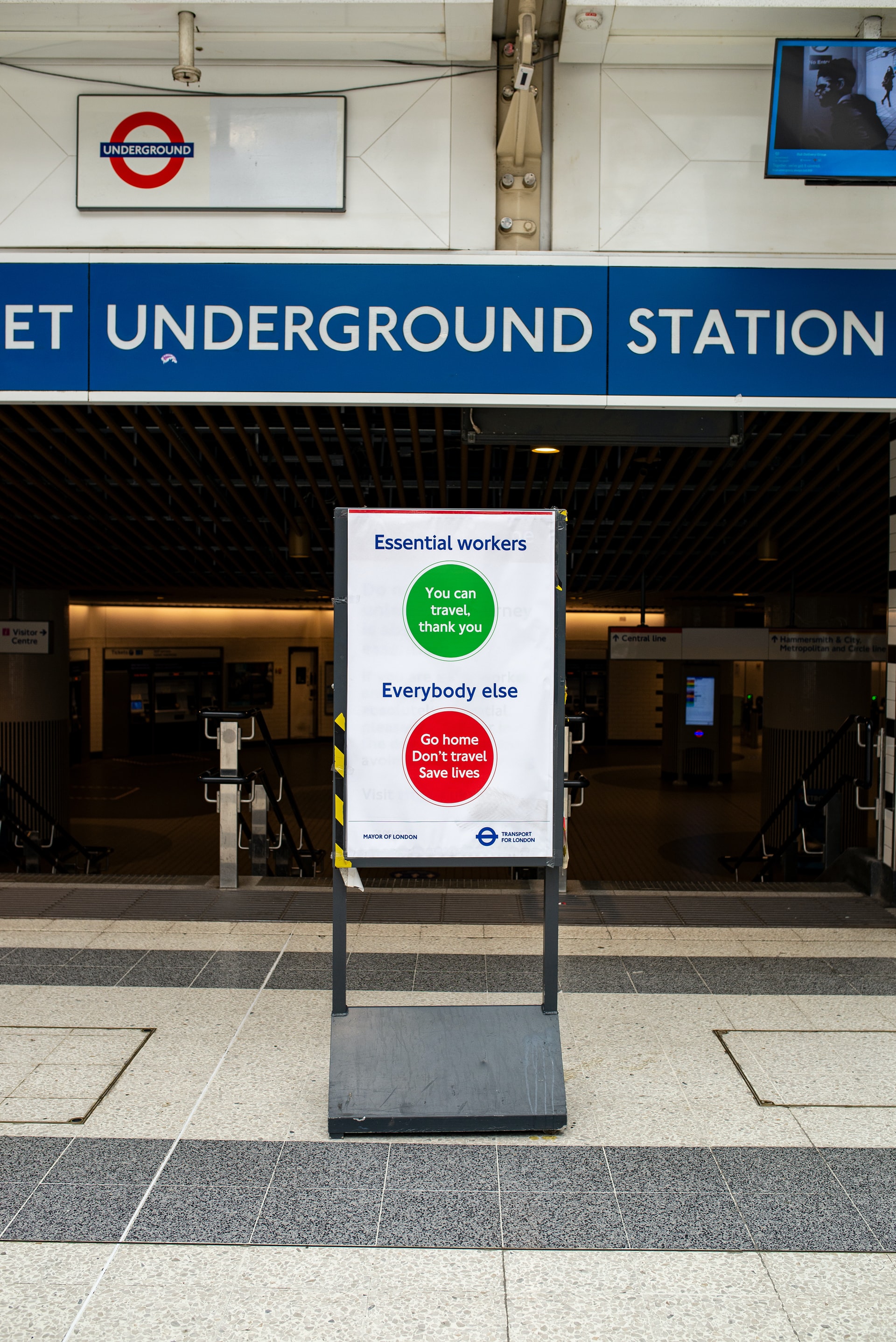Challenges Faced By Tourism Industry Due To Covid-19
The travel restrictions and border closures have multiplied the challenges faced by the tourism industry due to COVID-19.
Author:Finn WildeReviewer:Michael RachalApr 07, 20227.9K Shares532.3K Views

The tourist and leisure industry has been affected the worst by the COVID-19 tourism consequences influencing economies, livelihoods, public services, and opportunities across all continents. Every aspect of its extensive value chain has been affected. Tourism export sales might decline by $910 billion to $1.2 trillion in 2020. It is one of the most impacted industries globally because of the travelrestrictions at both the national and international levels. These travel restrictions and border closures have multiplied the challenges faced by the tourism industry due to COVID-19.
Impact Of COVID-19 On Tourism
Tourism is one of the industries most impacted by the COVID-19 epidemic, influencing economies, livelihoods, public services, and opportunities across all continents.

Challenges for Tourism post-COVID-19
Economic Impact Of Covid-19 In The Tourism Industry
- Tourism is a critical industry across the globe. It is the third-largest export industry, after fuels and chemicals. In 2019, it made up 7% of the world's trade, which is a lot.
- It may account for more than 20% of a country's GDP in some instances, and it is the world's third-largest export industry overall.
- Tourism is one of the industries most impacted by the COVID-19 epidemic, affecting economies, livelihoods, public services, and opportunities across all continents. Every aspect of its extensive value chain has been moved.
- Tourism export sales might decline by $910 billion to $1.2 trillion in 2020. People worldwide's GDP will be hurt by 1.5 to 2.8%.
- Tourism supports one out of every ten jobs and provides a living for millions more in emerging and established nations.
- Tourism has accounted for up to 80% of exports in several small islands developing states. At the same time, it contributes significantly to national economies in both developed and developing nations.
Impact On Livelihoods
- As many as 100 million direct tourist jobs are at risk, in addition to tourism-related businesses such as labor-intensive lodging and food services, which employ 144 million people globally. Small enterprises (which account for 80% of worldwide tourism) are especially susceptible.
- Youth and employees in the informal sector are among the most vulnerable groups. They account for 54% of the tourist workforce.
- No country will be impacted. SIDS, Least Developed Countries (LDCs), and African countries are projected to bear the brunt of the economic and employment losses. In 2019, the industry accounted for 10% of all exports in Africa.
Impacts On Nature And Culture
- The abrupt decline in tourism slashes financing for biodiversity protection. Wildlife tourism accounts for 7% of global tourism, a category expanding at 3% each year.
- This puts jobs at risk and has already led to an increase in poaching, theft, and eating bushmeat because there are fewer visitors and staff.
- In small island developing states and least developed countries, the impact on biodiversity and ecosystems is more severe. Wildlife accounts for up to 80% of visitors at several African sites, and tourist profits support marine conservation efforts in numerous small island developing states.
- Several instances of community engagement in nature tourism demonstrate how groups, especially indigenous peoples, have maintained and enhancedtural and natural heritage while producing wealth and improving their well-being. For indigenous peoples and ethnic groups, COVID-19 has an even more significant impact on tourism, putting a more substantial strain on historic preservation and community fabric.
- Many intangible cultural heritage activities have been discontinued or postponed, including traditional festivals and gatherings. Closing marketplaces for handicrafts, products, and other commodities have significantly negatively affected indigenous women's earnings.
- 90% of nations have closed world heritage sites, resulting in massive socioeconomic effects for tourism-dependent populations. Furthermore, 90% of museums have completed, and 13% may never reopen.
How To Improve Tourism Industry After Covid-19?
The future of tourism was addressed in light of the present issues at a recent discussion on tourism resilience and moving ahead better. Industry leaders from Costa Rica, Jordan, Kenya, and Sri Lanka talked about how they dealt with and learned from crises and what they think about tourism in the future. Three distinct actions arose from the conversation to move tourism forward: Improve traveler confidence first; second, analyze and follow new market trends and demand drivers; third, commit to building more resilient and inclusive tourism sectors, leveraging growing interest in sustainability—an essential long-term takeaway.
Tourism and travel will need to innovate and collaborate to recover. Although the epidemic is far from over, we must plan more effectively — government, the private sector, civil society, and other partners — and prepare for changing business models and governance structures to meet new and diverse demands. Clearly outlining steps to repair investor and consumer confidence will be critical in the near term. Long-term sustainability and resilience, as well as more equitable benefit distribution, will be crucial. Together, these initiatives could help the global tourism industry use its market-making power to support economies, create jobs, and help people and communities.
Sustainable Tourism After COVID-19
During the COVID-19 worldwide epidemic, the hotel, restaurant, and tourism sectors were most impacted. However, customers' desire for exotic experiences may enable many firms in these industries to withstand the slump and emerge fundamentally more vital post-COVID-19. Many programs have been put in place to get people to support local restaurants, motels, and other businesses that rely on tourists and people from different places.
The social isolation caused by the COVID-19 crisis temporarily lowered greenhouse gas emissions. Although experts believe that reducing pollution rates was not dramatic, certain studies show an increase in societal awareness about the environment. Institutions, local governments, and businesses have pushed for sustainable tourism to be an essential choice even before global society has more freedom to move around.

Finn Wilde
Author
For Finn Wilde, the wilderness is more than just a destination - it’s a way of life. Over the past decade, he has led multiple expeditions in some of the world’s most remote regions, from the icy fjords of Greenland to the rugged trails of Patagonia.
Finn emphasizes sustainability in all of his adventures, helping participants connect with nature while promoting responsible exploration. His expeditions inspire individuals to explore the great outdoors while fostering a deep respect for the environment.

Michael Rachal
Reviewer
Michael Rachal believes that luxury lies in the details. With over 20 years of experience in the luxury travel industry, he has crafted hundreds of bespoke itineraries for clients seeking personalized, unforgettable experiences.
Whether guiding clients through private cultural tours or curating culinary journeys with world-renowned chefs, Michael ensures that each trip is tailored to perfection.
His ability to anticipate needs and exceed expectations has earned him a reputation as a leading expert in luxury travel.
Latest Articles
Popular Articles